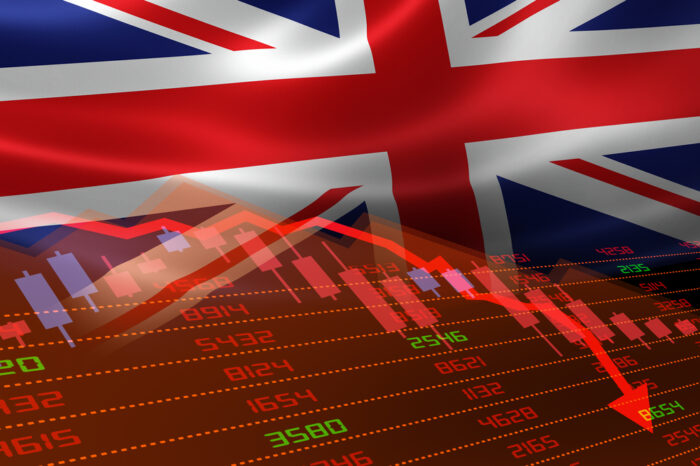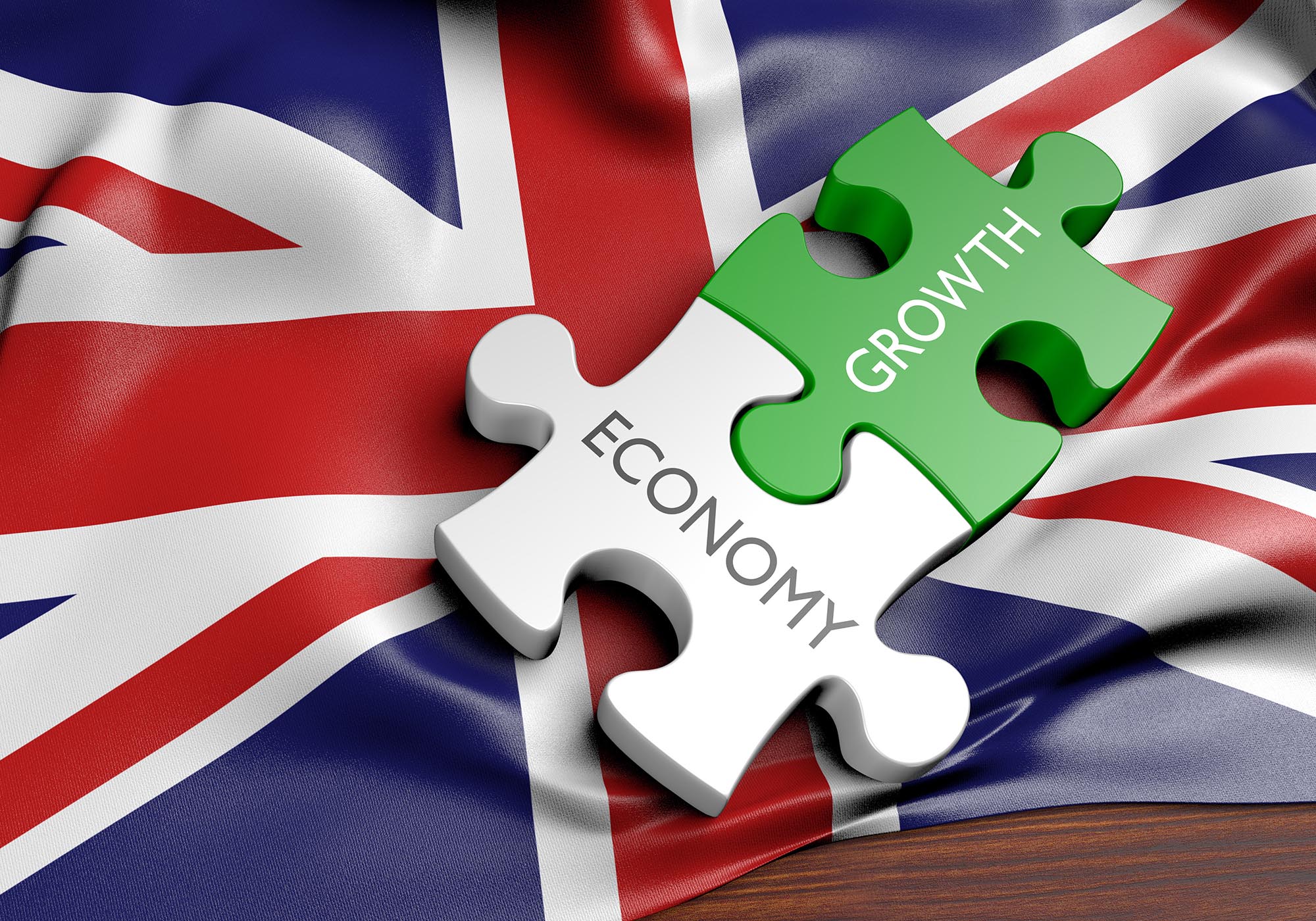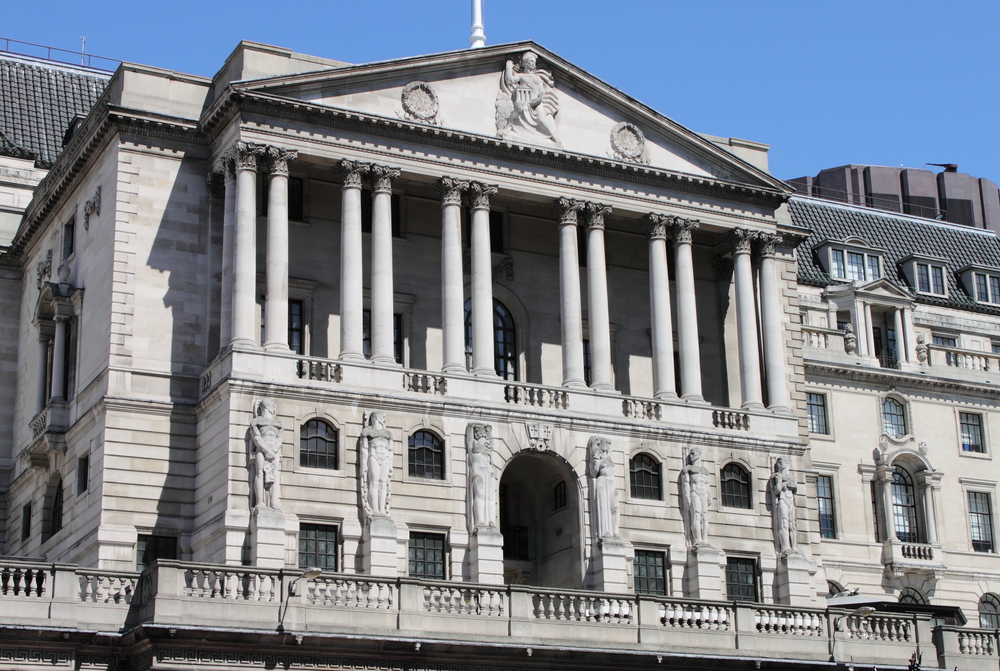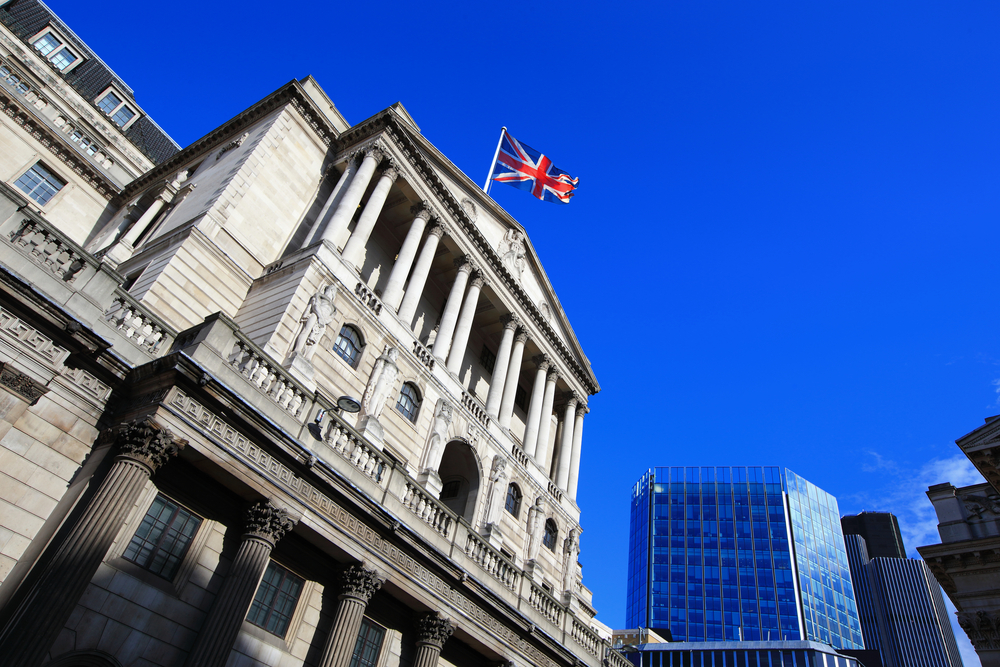The UK will have the slowest growth among the biggest nations in the world next year, a think tank finds.
In 2024, the UK is expected to have a “sluggish” GDP growth of 0.4%, which will creep up to 1% next year, according to the Organisation for Economic Co-operation and Development (OECD).
This is the slowest growth of all the G20 nations and G7 contemporaries, made up of France, Canada, Italy, Germany, Japan and the US.
Its economic growth has been revised from its previous 0.7% prediction from last November – since then, the UK has dipped into a “short and shallow” recession, but shown signs that recovery is underway.
Overall, the rest of the world’s fiscal situation was described as “surprisingly resilient” and has a projected global GDP growth of 3.2% for 2025.
Inflation should dip close to Government target
With food prices and energy bills slowly easing, there will be some economic respite, with the OECD forecasting core inflation to drop to 3.3% this year and 2.5% in 2025 – close to the Government’s eventual 2% target.
The think tank claimed this would also be helped by the 12% cut in the Ofgem energy price cap last month. Issues that will stunt the growth of the UK economy are the cooling of the labour market and the ongoing high services price inflation rate of 6%.
While the base rate has held at 5.25% this year, it’s been widely reported to drop by experts ahead of the next announcement from the Monetary Policy Committee (MPC). But that could be held off if there are big jumps in energy prices triggered by conflict in the Middle East and Russia’s invasion of Ukraine.
Base rate drop may not be enough
However, the Bank of England’s rate is forecast to dip to 3.75% by the end of next year, which will “only partially offset the ongoing fiscal drag from frozen personal income tax thresholds”, notes the OECD. This follows tax receipts “rising towards historic[al] highs of 37% of GDP.”
There are some positive outcomes expected from the Government’s free childcare scheme, which will ease expenditure for parents.
The outlook is less optimistic than a spring forecast by EY ITEM Club last month. Its figures predicted the UK to grow by 0.7% – the same prediction as OECD’s last forecast – with a growth of 2% in “a far brighter” 2025.
It also said that thanks to “improved consumer confidence” a return to growth is on its way as “stagnation is lifted”.





